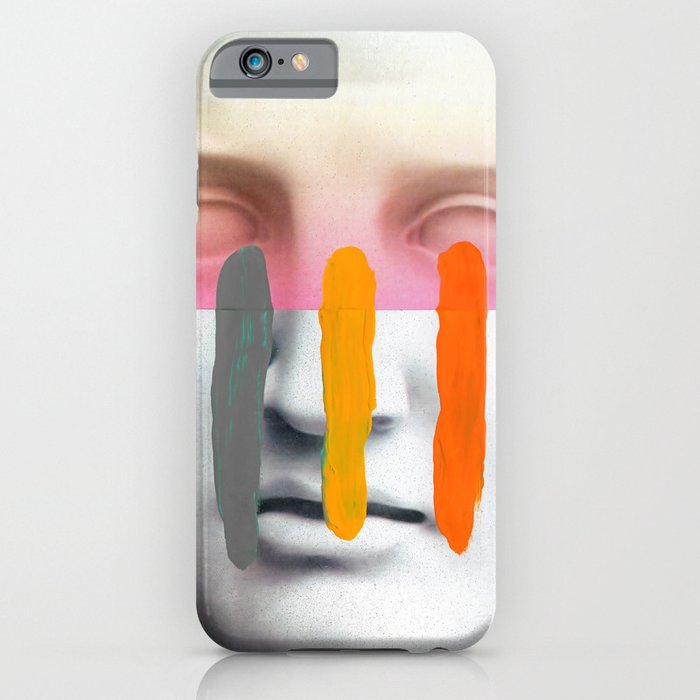


 |
 |
 |
 |
 |


composition on panel 2 iphone case
SKU: EN-A10371

composition on panel 2 iphone case
Tech Enabled: CNET chronicles tech's role in providing new kinds of accessibility. Commentary: A job posting indicates Spotify hardware is coming. Would it go on ears, wrist, or possibly eyes?. Music-streaming company Spotify is looking to debut dedicated hardware, according to a job posting noticed by tech blogger Dave Zatz. The "Senior Product Manager" would work on a "category-defining product" akin to the Pebble Watch, Amazon Echo and Snap Spectacles, a cached version of the posting reads. The idea of Spotify-dedicated hardware makes a lot of sense, for more reasons than you might think. In fact, Spotify's already been dipping its toes into wearable and fitness tech.
Logging Out: Welcome to the crossroads of online life and the afterlife, Commentary: The Galaxy S8 maker asks tweeters composition on panel 2 iphone case about their first picture taken with the new phone, One wag thinks he's being clever, Technically Incorrect offers a slightly twisted take on the tech that's taken over our lives, More than once, companies have discovered that interacting with Twitter users can have its drawbacks, Be respectful, keep it civil and stay on topic, We delete comments that violate our policy, which we encourage you to read, Discussion threads can be closed at any time at our discretion..
While VR may be more thrilling, it's AR, whether on your phone or some kind of headpiece, that will be more useful in day-to-day life. Here's how AR is going to take over our senses. Let's strap on our hypothetical AR headset and hit the streets. You'll be able to see how much that cafe charges for a cup of coffee without having to go in. Meeting a friend at a new bar? If you're lost, you can literally see step-by-step directions floating in front of you, with arrows lined on the ground pointing you the right way. If you're unsure about the weather, look to the skies and your headset will tell you the forecast for the next few hours. Now, you've met a friend and you like their top -- your AR device can tell you where you can get your own, and for what price.
"What will make, and is actually already making AR big, is the great ability to make everything more engaging," said Mirko Ferrari, head of business development at AR developer Inglobe, In a world blessed with AR, Ferrari says people will do a lot of interacting with buildings -- "whether they are homes, stores, hospitals or cultural attractions" -- with the flick of an eye, There are also workplace applications, with an AR-based "smart helmet" for industrial workers already being designed by a composition on panel 2 iphone case company called Daqri, Suppose a worker is trying to fix a pipe, His boss, in another room but also wearing a smart visor, can add notes and directions that will appear in real-time over the worker's vision, That worker could then add a note to the pipe, such as "crack fixed here", which can then be seen by anyone working on it in the future..
"But wait," you may be thinking, "no matter how great AR is, I don't want to walk around with a bulky visor or headset." And you'd be right. Companies are already thinking far into the future. Samsung, for instance, in 2014 filed a patent for smart contact lenses that work with AR. Pairing with a phone, the South Korean electronics giant envisions you being able to make commands by blinking or simply looking. No headwear required. Imagine living with all this instantaneous information. Compared to that neon future, the pre-AR world we're living in now is practically a primitive nightmare.
- new ballet shoes pointe on sale
- tiny sequin - starlight sapphire blue with silver accent trim custom ballet flats slippers shoes
- 10 ballet charms antique bronze tone 2 sided terrific detail - bc802
- ballerina cliparts - pink ballet dancer - ballerina gala - 28 digital cliparts - instant download
- ballet drawstring bag | ballet bag | personalized ballet bag | girls dance bags | ballet gifts | personalized dance bag | pointe
- ballet flats size 29 dashiki pattern
- hanging ballet shoes coloring page jpg
- ballet pointe shoe bag - dance shoe bag - ballet bag | pink floral
- pointe charm necklace, ballet shoe, ballet toe, ballet pointe, initial necklace, personalized, antique gold, monogram
- pizza reading iphone case
- iphone 7 sheer glam naked tough case
- More...



